Northern California
Chapter
- About
- Our Members
- Scholars
- Scholar Alums
- Scholar Research and Accolades
- Partners
-
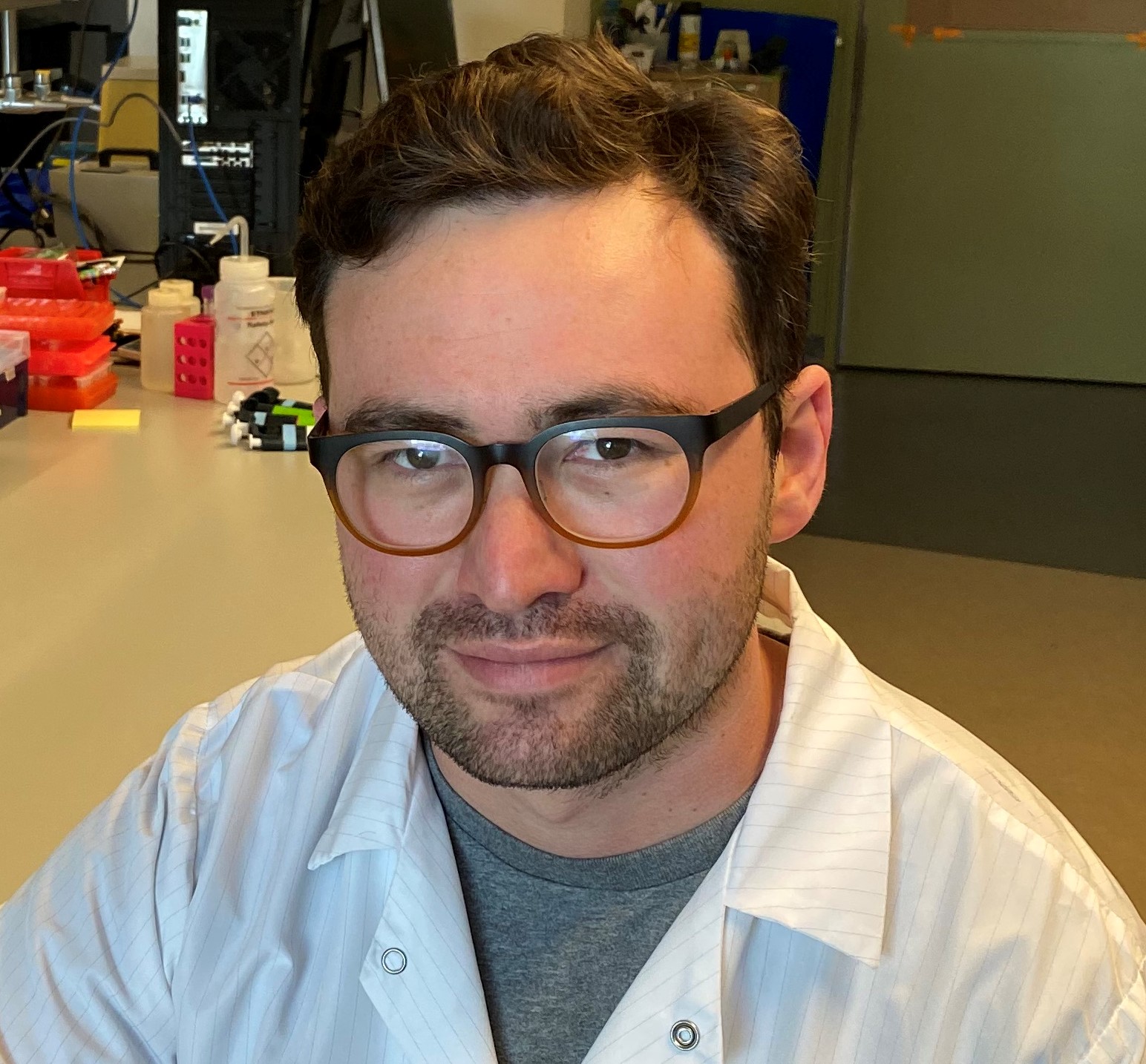 Jeremiah Tsyporin, University of California, Santa Cruz“As I enter the final year of my PhD, I am beginning to look for mentors to oversee my post-doctoral training. One of the significant ways I can find a mentor is through the networking opportunities offered at conferences. Without this generous support, these opportunities to share my work with the greater neuroscience community would have been impossible for me. In addition to attending conferences and connecting with neuroscientists worldwide, support from ARCS has helped ease the economic burdens associated with the cost of living in Santa Cruz. Because I don’t have to focus so heavily on dealing with basic needs, I have the freedom to spend more time and mental energy focused on research and intellectual pursuits central to a successful PhD.”
Jeremiah Tsyporin, University of California, Santa Cruz“As I enter the final year of my PhD, I am beginning to look for mentors to oversee my post-doctoral training. One of the significant ways I can find a mentor is through the networking opportunities offered at conferences. Without this generous support, these opportunities to share my work with the greater neuroscience community would have been impossible for me. In addition to attending conferences and connecting with neuroscientists worldwide, support from ARCS has helped ease the economic burdens associated with the cost of living in Santa Cruz. Because I don’t have to focus so heavily on dealing with basic needs, I have the freedom to spend more time and mental energy focused on research and intellectual pursuits central to a successful PhD.” -
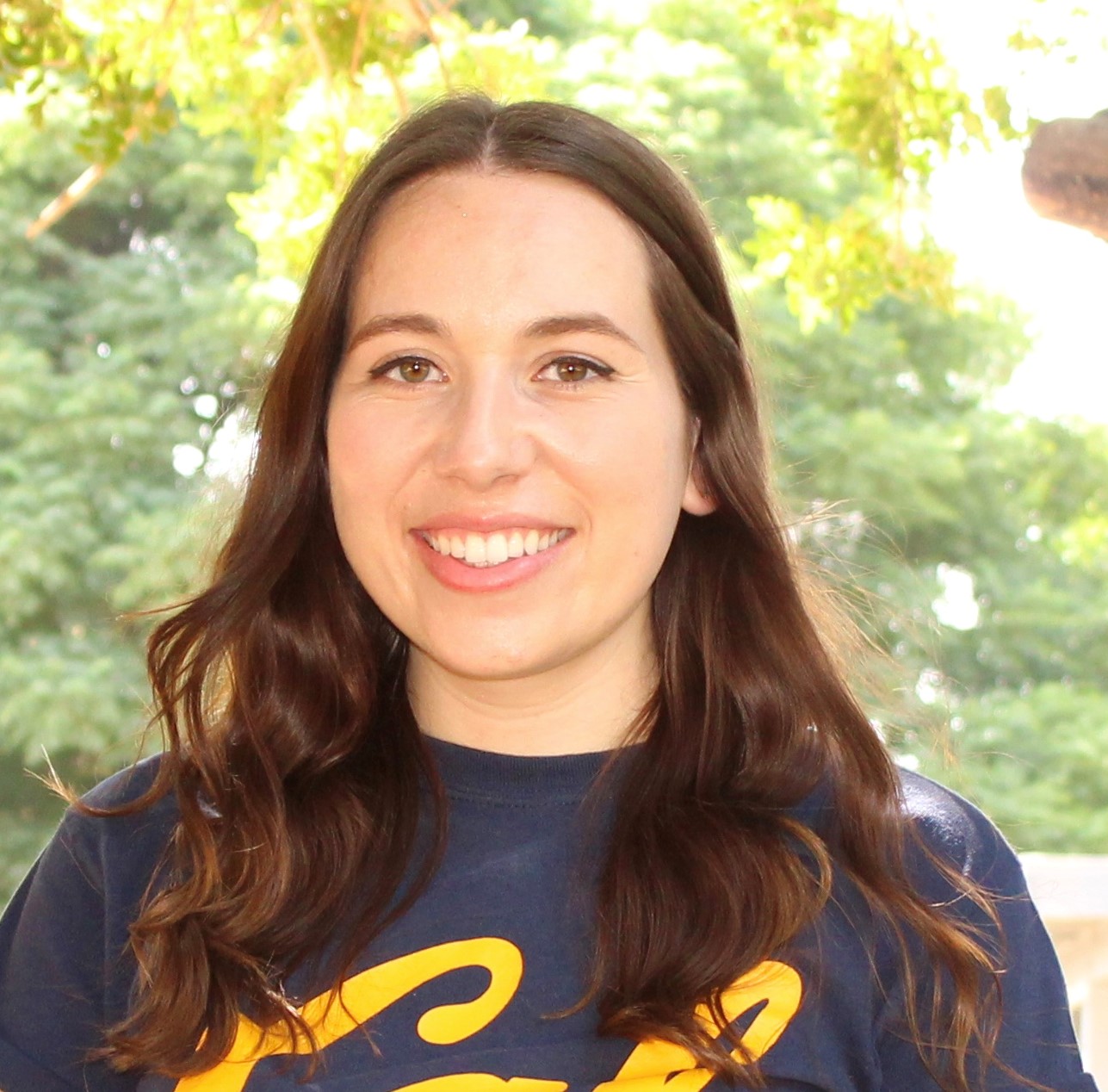 Rachelle Stark, University of California, Berkeley“I grew up in a low-income community in San Bernardino, California where I directly saw the harsh reality of how diet contributes to many diseases (diabetes, cardiovascular disease, obesity, etc.). These preventable diseases tragically took the lives of many people in my community. For these reasons, doing research related to nutrition/metabolism is extremely important and fulfilling to me. The [ARCS Award] gives me more options for labs because I will not have to rely on the funding of the lab I choose and can instead choose a lab purely based on my research interests. The funding will also give me more time to work on the research that I find so important and fulfilling.”
Rachelle Stark, University of California, Berkeley“I grew up in a low-income community in San Bernardino, California where I directly saw the harsh reality of how diet contributes to many diseases (diabetes, cardiovascular disease, obesity, etc.). These preventable diseases tragically took the lives of many people in my community. For these reasons, doing research related to nutrition/metabolism is extremely important and fulfilling to me. The [ARCS Award] gives me more options for labs because I will not have to rely on the funding of the lab I choose and can instead choose a lab purely based on my research interests. The funding will also give me more time to work on the research that I find so important and fulfilling.” -
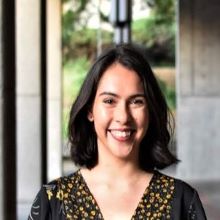 Katherine Montana, San Francisco State University“I will be pursuing my master’s degree in integrative biology at San Francisco State University and conducting my research at the California Academy of Sciences. I am thrilled to get started on my research and mentoring projects. … This combination of research activities will offer me the opportunity to build my technical lab skills, storytelling abilities, and capacity to help other students succeed in science. ... I am deeply honored to receive the [ARCS Award] and take great joy in starting graduate school. I thank you for making this possible for me. I am ready to get to work.”
Katherine Montana, San Francisco State University“I will be pursuing my master’s degree in integrative biology at San Francisco State University and conducting my research at the California Academy of Sciences. I am thrilled to get started on my research and mentoring projects. … This combination of research activities will offer me the opportunity to build my technical lab skills, storytelling abilities, and capacity to help other students succeed in science. ... I am deeply honored to receive the [ARCS Award] and take great joy in starting graduate school. I thank you for making this possible for me. I am ready to get to work.” -
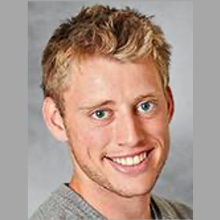 Micah Swann, University of California, Davis“I’m conducting applied limnological research on the pristine lakes of Northern Patagonia, in collaboration with Fundación Chile Lagos Limpios. This model will be used to investigate how the physics and water quality of these pristine lakes wi1l be impacted by climate change and watershed development over the course of the 21st century. In September 2019, I had my first opportunity to visit Northern Patagonia … but due to Covid-19 safety and travel restrictions, I have not had the opportunity to return to Chile. With your financial support, I will be able to return to the region in January 2022 and continue collecting data to improve the accuracy of the lake model under development.”
Micah Swann, University of California, Davis“I’m conducting applied limnological research on the pristine lakes of Northern Patagonia, in collaboration with Fundación Chile Lagos Limpios. This model will be used to investigate how the physics and water quality of these pristine lakes wi1l be impacted by climate change and watershed development over the course of the 21st century. In September 2019, I had my first opportunity to visit Northern Patagonia … but due to Covid-19 safety and travel restrictions, I have not had the opportunity to return to Chile. With your financial support, I will be able to return to the region in January 2022 and continue collecting data to improve the accuracy of the lake model under development.” -
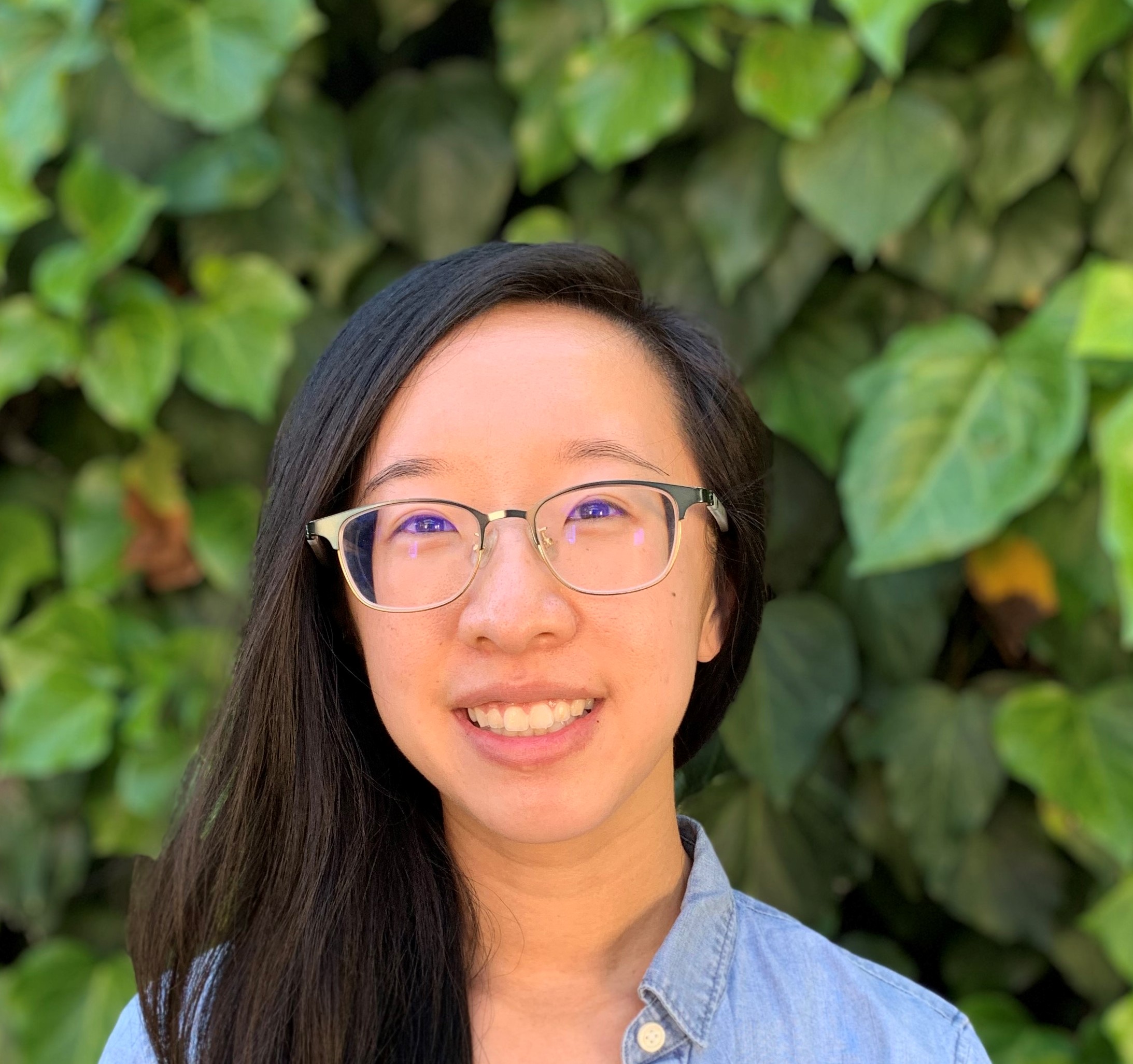 Julie Chang, Stanford University“The ARCS Award will allow me to focus on my PhD studies without worrying about finances. My research focuses on understanding the physics of breast cancer cell migration using 3D hydrogels and time-lapse imaging. The PhD journey itself has been a rollercoaster and I’m excited to finally see the light at the end of the tunnel! After my PhD, I am hoping to land a role as a clinical scientist in the biotech industry in the Bay Area. In this role, I can help analyze and interpret clinical trial data to develop drugs that can cure human diseases. Thank you again for the ARCS award—funding the next generation of scientific thinkers is truly an impactful mission!”
Julie Chang, Stanford University“The ARCS Award will allow me to focus on my PhD studies without worrying about finances. My research focuses on understanding the physics of breast cancer cell migration using 3D hydrogels and time-lapse imaging. The PhD journey itself has been a rollercoaster and I’m excited to finally see the light at the end of the tunnel! After my PhD, I am hoping to land a role as a clinical scientist in the biotech industry in the Bay Area. In this role, I can help analyze and interpret clinical trial data to develop drugs that can cure human diseases. Thank you again for the ARCS award—funding the next generation of scientific thinkers is truly an impactful mission!” -
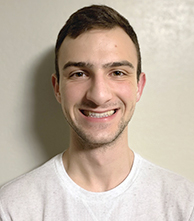 Nicholas Elder, University of California, San Francisco (UCSF)“I am grateful to earn my degree at UCSF which is world-renowned for its stem cell research. Likewise, it has been a pleasure to be supported by the ARCS Foundation and wider community. Research is a costly endeavor and being awarded this fellowship has given me the time and space to focus on impactful research while also sharing it with an interested group of donors and other scholars. The fellowship has also been a reassurance. This fall, my supervisor announced that he was leaving academia for an industry position. As I searched for a new supervisor and lab in which to complete my research, I knew that I had financial support to ease my transition.”
Nicholas Elder, University of California, San Francisco (UCSF)“I am grateful to earn my degree at UCSF which is world-renowned for its stem cell research. Likewise, it has been a pleasure to be supported by the ARCS Foundation and wider community. Research is a costly endeavor and being awarded this fellowship has given me the time and space to focus on impactful research while also sharing it with an interested group of donors and other scholars. The fellowship has also been a reassurance. This fall, my supervisor announced that he was leaving academia for an industry position. As I searched for a new supervisor and lab in which to complete my research, I knew that I had financial support to ease my transition.”
2020-21 ARCS NCC Scholars
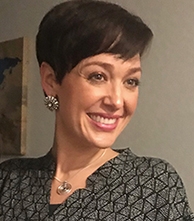 Jessica AgnosDepartment of Physics & Astronomy, SFSU
Jessica AgnosDepartment of Physics & Astronomy, SFSU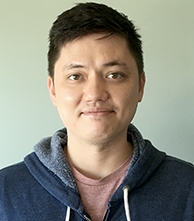 Charles AlexDepartment of Integrative Pathobiology, US Davis
Charles AlexDepartment of Integrative Pathobiology, US Davis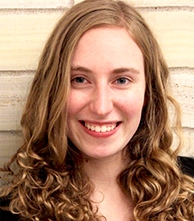 Madeline ArnoldDepartment of Molecular & Cell Biology, UC Berkeley
Madeline ArnoldDepartment of Molecular & Cell Biology, UC Berkeley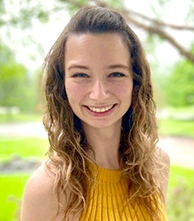 Isabella BackmanDepartment of Science Communication, UC Santa Cruz
Isabella BackmanDepartment of Science Communication, UC Santa Cruz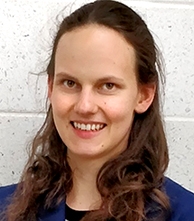 Vera BelaiaDepartment of Civil & Environmental Engineering, UC Berkeley
Vera BelaiaDepartment of Civil & Environmental Engineering, UC Berkeley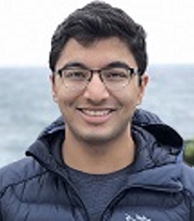 Hersh BhargavaDepartment of Biophysics, UCSF
Hersh BhargavaDepartment of Biophysics, UCSF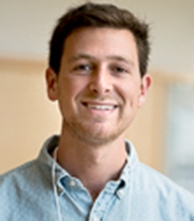 Jake BieberDepartment of Bioengineering, UCSF
Jake BieberDepartment of Bioengineering, UCSF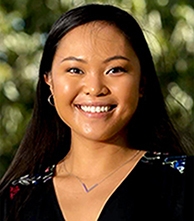 Jessica BrionesDepartment of Biology (Cell & Molecular), SFSU
Jessica BrionesDepartment of Biology (Cell & Molecular), SFSU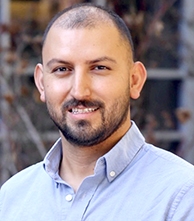 Oscar CazaresDepartment of Molecular, Cell & Developmental Biology, UC Santa Cruz
Oscar CazaresDepartment of Molecular, Cell & Developmental Biology, UC Santa Cruz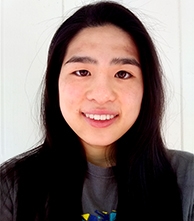 Xian ChangDepartment of Biomolecular Engineering, UC Santa Cruz
Xian ChangDepartment of Biomolecular Engineering, UC Santa Cruz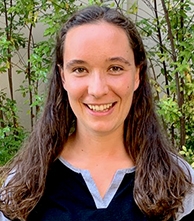 Margaret CoadDepartment of Mechanical Engineering, Stanford
Margaret CoadDepartment of Mechanical Engineering, Stanford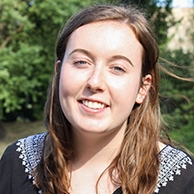 Savannah ConlonDepartment of Chemistry, UC Santa Cruz
Savannah ConlonDepartment of Chemistry, UC Santa Cruz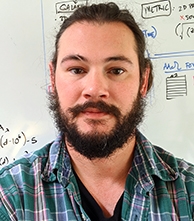 David CoulterDepartment of Astronomy & Astrophysics, UC Santa Cruz
David CoulterDepartment of Astronomy & Astrophysics, UC Santa Cruz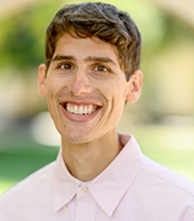 William DeRoccoDepartment of Physics, Stanford
William DeRoccoDepartment of Physics, Stanford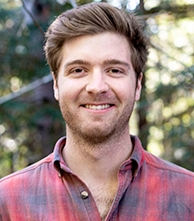 Graham EdwardsDepartment of Earth & Planetary Sciences, UC Santa Cruz
Graham EdwardsDepartment of Earth & Planetary Sciences, UC Santa Cruz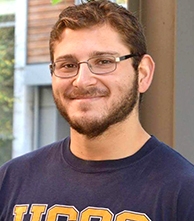 Aviv ElorDepartment of Computational Media, UC Santa Cruz
Aviv ElorDepartment of Computational Media, UC Santa Cruz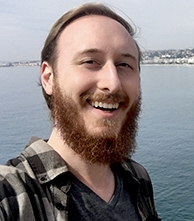 Spencer EverettDepartment of Physics, UC Santa Cruz
Spencer EverettDepartment of Physics, UC Santa Cruz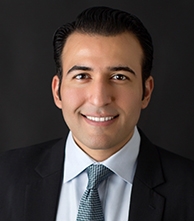 Ramin FarhadDepartment of Oral & Craniofacial Sciences, UCSF
Ramin FarhadDepartment of Oral & Craniofacial Sciences, UCSF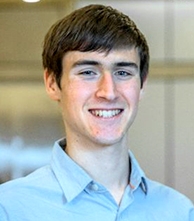 Emmet FrancisDepartment of Biomedical Engineering, UC Davis
Emmet FrancisDepartment of Biomedical Engineering, UC Davis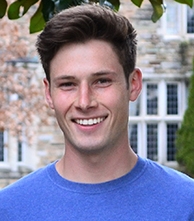 Richard GrewelleDepartment of Biology, Stanford
Richard GrewelleDepartment of Biology, Stanford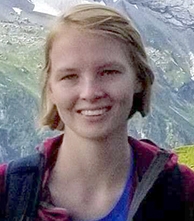 Laura GunsalusDepartment of Biomedical & Medical Informatics, UCSF
Laura GunsalusDepartment of Biomedical & Medical Informatics, UCSF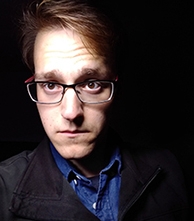 William HarveyDepartment of Physics and Astronomy, SFSU
William HarveyDepartment of Physics and Astronomy, SFSU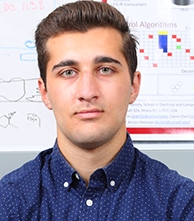 Logan HorowitzDepartment of Electrical Engineering, UC Berkeley
Logan HorowitzDepartment of Electrical Engineering, UC Berkeley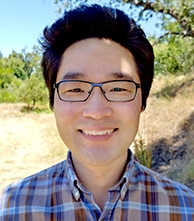 Michael HuhDepartment of Earth & Planetary Sciences, UC Davis
Michael HuhDepartment of Earth & Planetary Sciences, UC Davis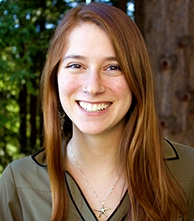 Hope IaniriDepartment of Ocean Sciences, UC Santa Cruz
Hope IaniriDepartment of Ocean Sciences, UC Santa Cruz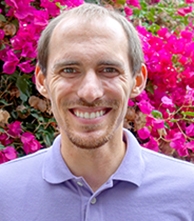 Ryan JohnsonDepartment of Electrical & Computer Engineering, UC Santa Cruz
Ryan JohnsonDepartment of Electrical & Computer Engineering, UC Santa Cruz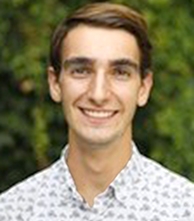 Nicholas KaravoliasDepartment of Plant & Microbial Biology, UC Berkeley
Nicholas KaravoliasDepartment of Plant & Microbial Biology, UC Berkeley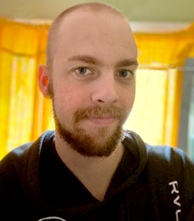 Giordan KittsDepartment of Microbiology & Environmental Toxicology, UC Santa Cruz
Giordan KittsDepartment of Microbiology & Environmental Toxicology, UC Santa Cruz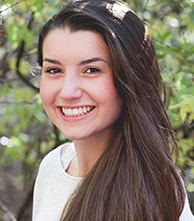 Rebekah LaneDepartment of Biology (Marine and Estuarine), SFSU
Rebekah LaneDepartment of Biology (Marine and Estuarine), SFSU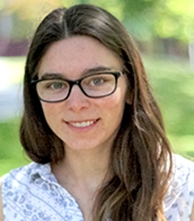 Kelsey LybergerPopulation Biology Graduate Group, UC Davis
Kelsey LybergerPopulation Biology Graduate Group, UC Davis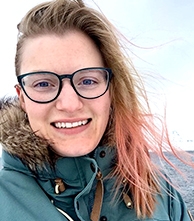 Emma "Mickey" MacKieDepartment of Geophysics, Stanford
Emma "Mickey" MacKieDepartment of Geophysics, Stanford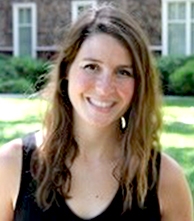 Alexandra McInturfAnimal Behavior Graduate Group, UC Davis
Alexandra McInturfAnimal Behavior Graduate Group, UC Davis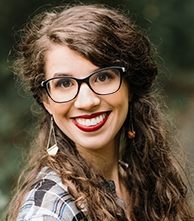 Stephanie MelchorDepartment of Science Communication, UC Santa Cruz
Stephanie MelchorDepartment of Science Communication, UC Santa Cruz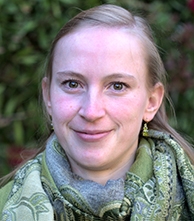 Lena MeyerDepartment of Chemistry & Biochemistry, UC Santa Cruz
Lena MeyerDepartment of Chemistry & Biochemistry, UC Santa Cruz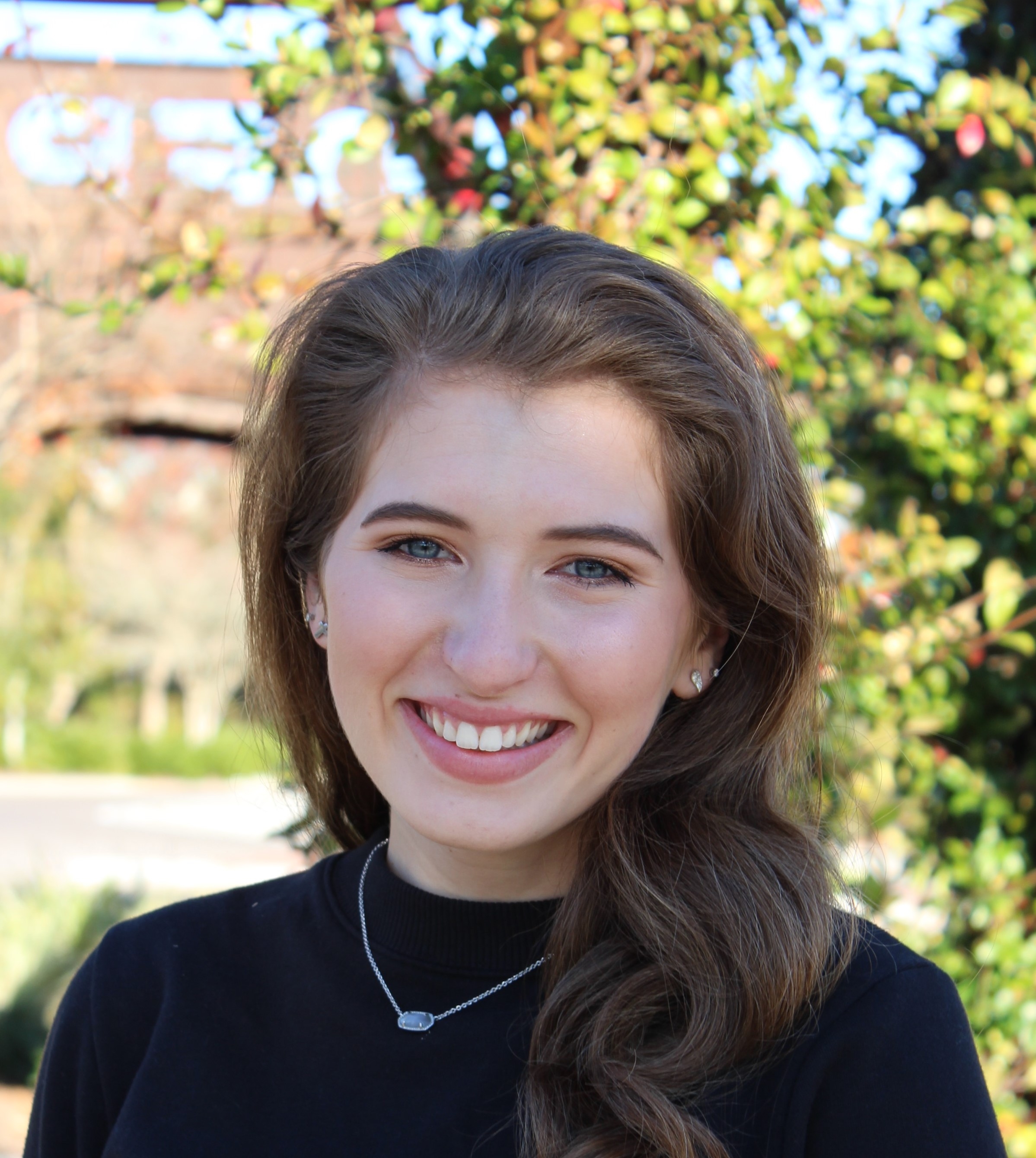 Brittney MillerScience Communication Master’s Program, UC Santa Cruz
Brittney MillerScience Communication Master’s Program, UC Santa Cruz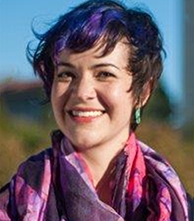 Molly NicholasDepartment of Computer Science, UC Berkeley
Molly NicholasDepartment of Computer Science, UC Berkeley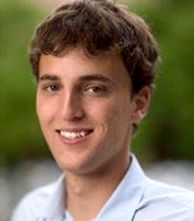 Jared O’LearyDepartment of Chemical Engineering, UC Berkeley
Jared O’LearyDepartment of Chemical Engineering, UC Berkeley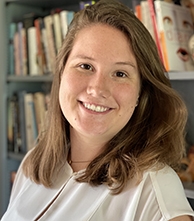 Katerina RademacherDepartment of Neuroscience, UCSF
Katerina RademacherDepartment of Neuroscience, UCSF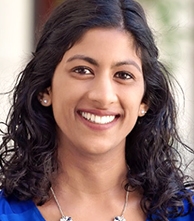 Neeraja RaviDepartment of Bioengineering, Stanford
Neeraja RaviDepartment of Bioengineering, Stanford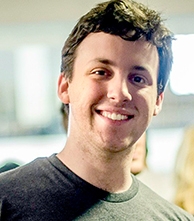 Alexander ReinkingDepartment of Computer Science, UC Berkeley
Alexander ReinkingDepartment of Computer Science, UC Berkeley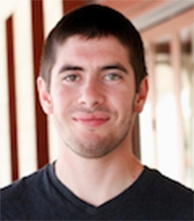 Ilan RosenDepartment of Applied Physics, Stanford
Ilan RosenDepartment of Applied Physics, Stanford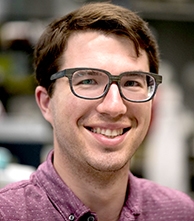 John "Jack" RuthDepartment of Chemical Engineering, Stanford
John "Jack" RuthDepartment of Chemical Engineering, Stanford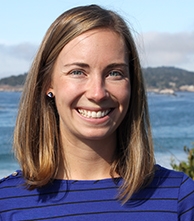 Megan SabalDepartment of Ecology & Evolutionary Biology, UC Santa Cruz
Megan SabalDepartment of Ecology & Evolutionary Biology, UC Santa Cruz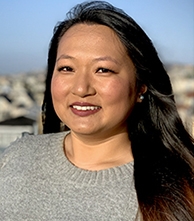 Stephannie SengDepartment of Biology (Cell and Molecular), SFSU
Stephannie SengDepartment of Biology (Cell and Molecular), SFSU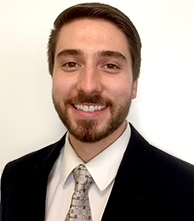 Nathan StaceyDepartment of Aeronautics & Astronautics, Stanford
Nathan StaceyDepartment of Aeronautics & Astronautics, Stanford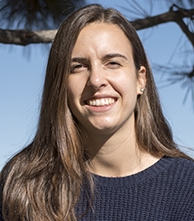 Daphne SupervilleDepartment of Biomedical Sciences, UCSF
Daphne SupervilleDepartment of Biomedical Sciences, UCSF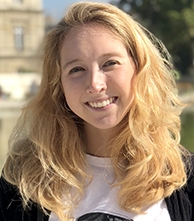 MAGGIE THOMPSONDepartment of Astronomy & Astrophysics, UC SANTA CRUZ
MAGGIE THOMPSONDepartment of Astronomy & Astrophysics, UC SANTA CRUZ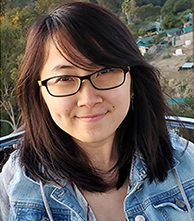 AYE THWINDepartment of Chemistry & Biochemistry, SFSU
AYE THWINDepartment of Chemistry & Biochemistry, SFSU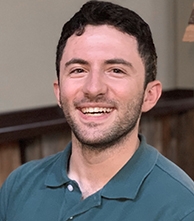 PAVLO VLASTOSDepartment of Computer Science & Engineering, UC Santa Cruz
PAVLO VLASTOSDepartment of Computer Science & Engineering, UC Santa Cruz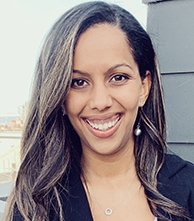 BIANCA VORADepartment of Pharmaceutical Sciences & Pharmacogenomics, UCSF
BIANCA VORADepartment of Pharmaceutical Sciences & Pharmacogenomics, UCSF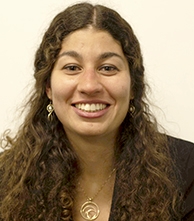 GABRIELLE VUKASINDepartment of Mechanical Engineering, Stanford
GABRIELLE VUKASINDepartment of Mechanical Engineering, Stanford -
